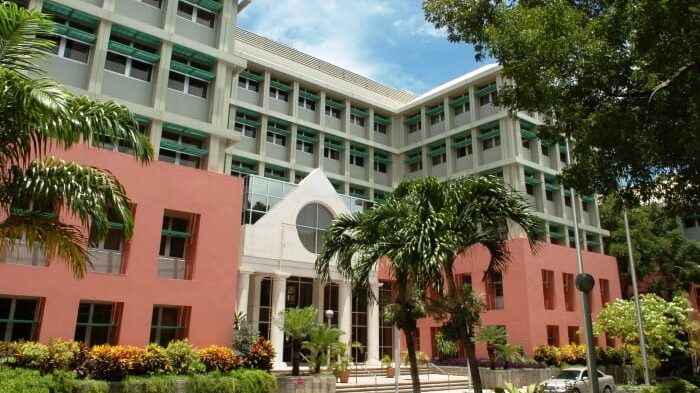The media have been receiving some consistent bashing by political operatives of some politicians for not doing enough digging.
They claim the Fourth Estate has been soft, doing very little investigative journalism. Whether the criticism is justified in their eyes, we believe journalists in this country have been trying to live up to their obligations as members of the fraternity, given the current constraints under which they operate.
We also hold the view that vital information from various sources, whether from journalists on the beat or from the editorial pages, is being provided to the public that would allow them to make informed decisions and form reasonable conclusions about the major issues confronting the country.
Take, for example, almost two years ago, this publication’s editorial drew attention to the pressure Barbados has been under from the International Monetary Fund (IMF) to undertake radical reform of its pension arrangements for public officers.
To be quite frank, various IMF teams during the current and former administrations have urged action. In other words, public officers’ pensions were deemed too generous, they represented a drain on the public purse, and were unsustainable in the current funding arrangement.
We reminded our readers of the IMF’s dissatisfaction with pension arrangements generally in Barbados – not only of public officers’ retirement entitlements but those that are funded by the National Insurance Scheme (NIS) to which most employed Barbadians contribute.
In 2021, while the country was struggling to stabilise itself from the impact of the COVID-19 pandemic, the IMF insisted the economic exposure posed by public officers’ pension arrangements was a real threat to economic growth and sustainability.
Bert van Selm, the IMF’s lead economist on the Barbados Economic Recovery and Transformation (BERT) programme said an actuarial review of the local civil service pension system was completed in November 2020 and would be the basis of “upcoming public pension reform”.
Furthermore, he insisted public sector pension arrangements were a “risk” to the IMF programme with Barbados.
While some political activists are wondering why pension reform was “being rushed”, we proffer that the groundwork for pension and social security reform was laid several years ago.
The commercialisation of the National Insurance Scheme (NIS), coming changes to the pensionable age, and other legislative amendments should have been expected.
We also learned from local media that Barbados is on the verge of borrowing $100 million from the Inter-American Development Bank (IDB) to undertake significant reform of the NIS and social security services.
The recently passed National Insurance And Social Security (Amendment) Act, 2023 which created the National Insurance and Social Security Service (NISSS) basically paves the way for a very interesting and significant change that has not garnered the kind of attention it should have.
The NISSS corporate body will administer pensions that are now paid by the NIS; however, the new NISSS will also be responsible for government pensions and gratuity for retired public sector workers which are currently the responsibility of the Ministry of Finance.
This represents a seismic shift. We hold the view that not enough debate has occurred on this part of the reform plan and the sustainability of funding for this additional responsibility of the NISSS.
We must ask the question: If funding pensions and gratuities for government workers was so burdensome on the state, how will it not be burdensome on the National Insurance and Social Security Service? The NISSS will still have responsibility for contributory pensions of those in the private sector, unemployment, disability, maternity and other benefits and on top of that, pensions for people who did not contribute directly to the NIS funds.
Our question is can the new NISSS carry all this weight, and for how long?





